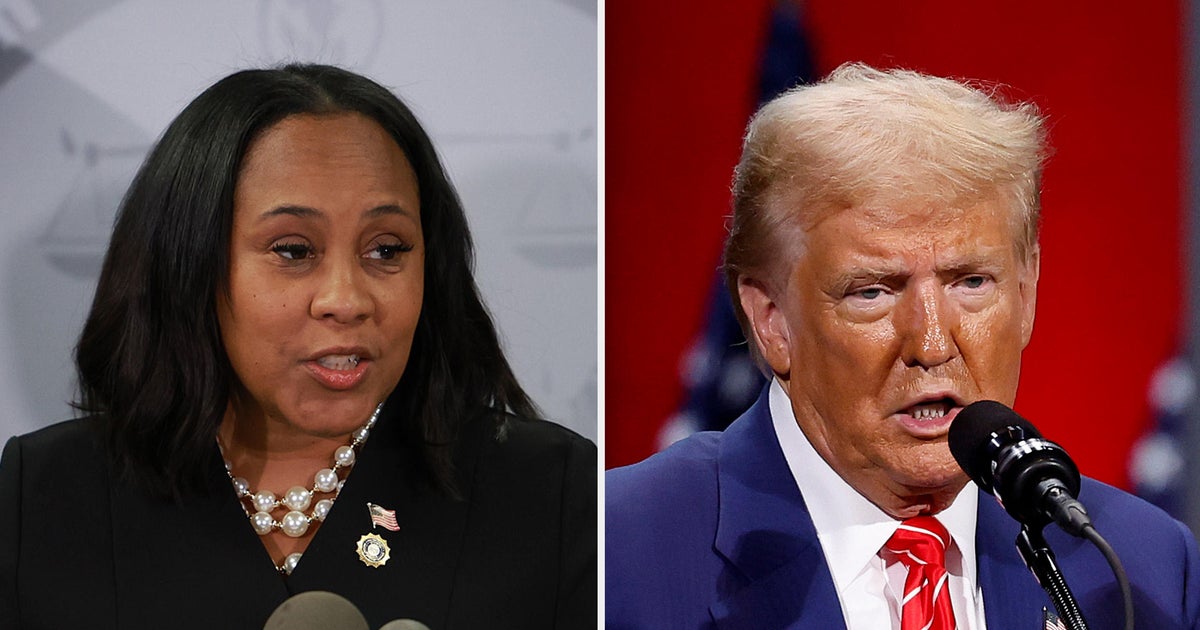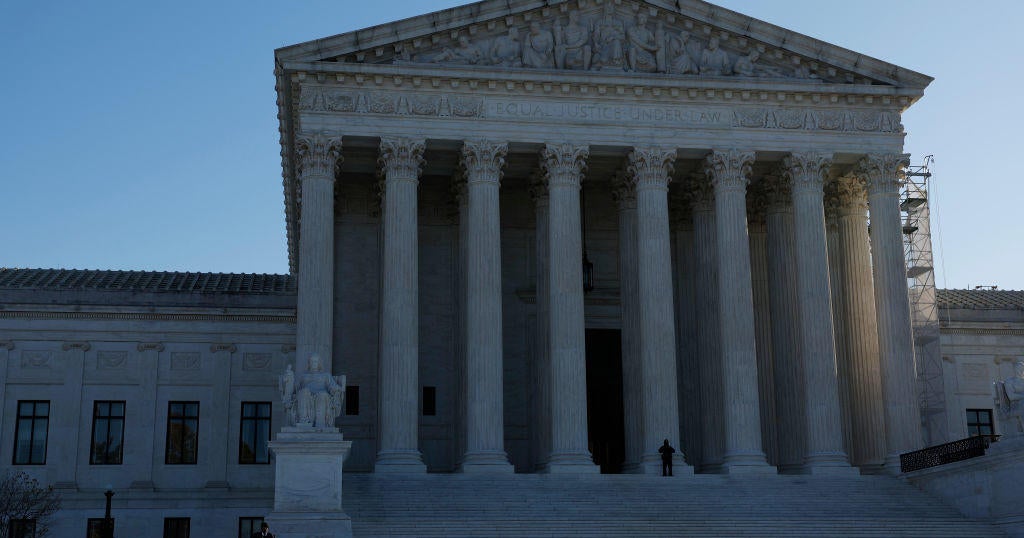Israel's Supreme Court will allow Netanyahu to form a government, despite corruption charges
Israel's Supreme Court ruled Wednesday that Prime Minister Benjamin Netanyahu may form a new government while under indictment for corruption charges, clearing the way for him and his main rival to join together in a controversial power-sharing deal.
The unanimous decision, released just before midnight, ended a more than year-long political stalemate and prevented the country from plunging into a fourth consecutive election in just over a year. Netanyahu and his rival-turned-partner, Benny Gantz, said they expected their coalition to be sworn into office next week.
After battling to three inconclusive elections, Netanyahu and Gantz announced their "emergency" government last month, saying they would put aside their rivalry to steer the country through the coronavirus crisis.
But critics and good-government groups said their deal was illegal and challenged it in the Supreme Court. In particular, they objected to the creation of a new position of "alternate prime minister, " a post that will allow Netanyahu to remain in office throughout his corruption trial.
Over two days this week, the court looked at two questions: whether an indicted politician can be given authority to form a new government, and whether their power-sharing deal — which includes new legislation – was legal.
In its decision, the 11-judge panel rejected all of the challenges.
"We did not find any legal reason to prevent MK Netanyahu from forming a government," the court said.
"The legal conclusion we reached does not diminish the severity of the pending charges against MK Netanyahu for violations of moral integrity and the difficulty derived from the tenure of a prime minister accused of criminal activity," it added.
The judges ruled that while the coalition deal presents significant legal difficulties, the court would not interfere in its contents following changes submitted by Netanyahu and Gantz.
Eliad Shraga, a lawyer representing one of the petitioners against the coalition deal, expressed disappointment but said he would respect the decision. "We will continue to raise the flag of morality," he told Channel 12 news.




